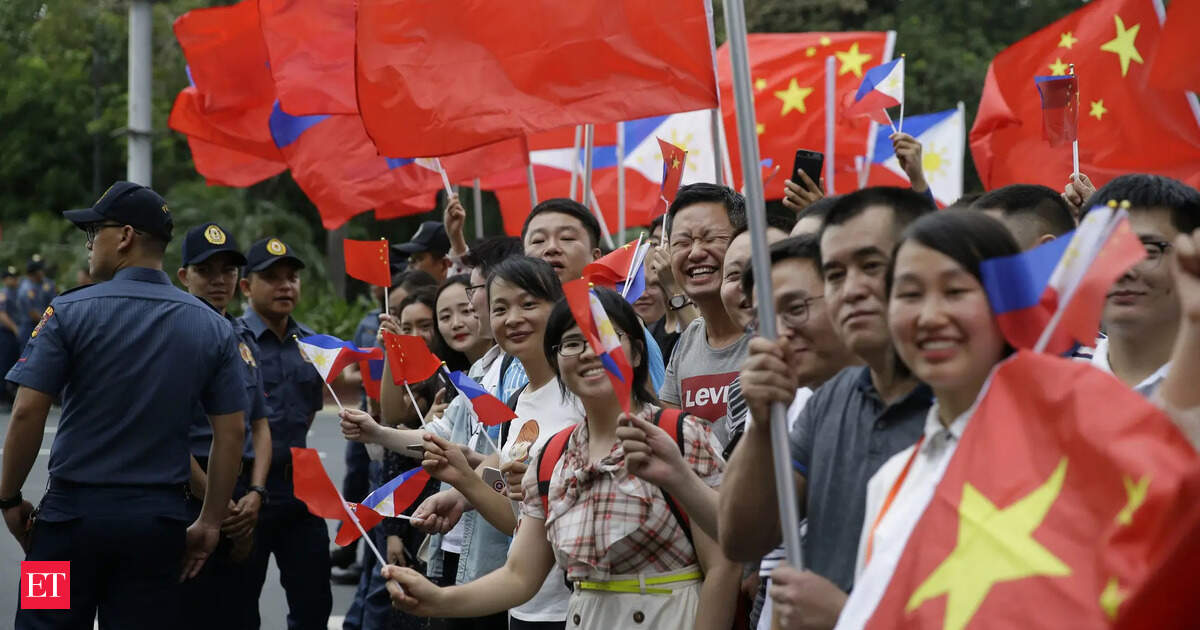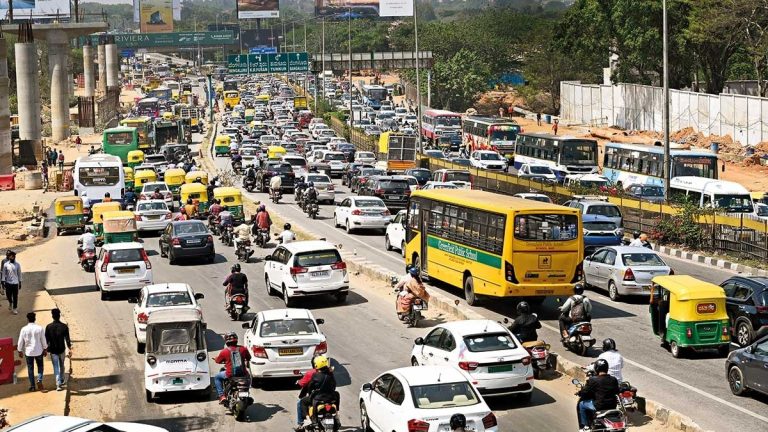Then came another line: Traveling abroad without the school’s permission could get her fired.
The rule was reinforced in a staff group chat. “According to regulations from higher-ups, teachers need to strengthen their disciplinary awareness,” the message said. “We will currently not permit any overseas vacations.”
Across China, similar warnings are spreading as authorities tighten control over state employees’ contacts with foreigners. Some kindergarten teachers, doctors and even government contractors and employees of state-owned enterprises have been ordered to hand in their passports. Some cities make retirees wait two years to reclaim their passports.
In many cities, travel overseas by public employees, even for personal reasons, requires approval. Business trips abroad for “ordinary research, exchange and study” have been banned. And in most provinces, those who have studied abroad are now disqualified from certain public positions.
Officials cite various reasons, including protecting national security, fighting corruption and cutting costs. But the scope of the restrictions has expanded rapidly, sweeping up employees who say they have no access to sensitive information or government funds. The New York Times spoke to seven public employees, including an elementary school music teacher, a nurse and a literature professor, who confirmed the restrictions.The rules are part of a push by the central authorities to impose greater so-called political discipline and ideological loyalty on government workers. Two of the people the Times spoke to said they were also ordered to disclose their personal social media accounts to their employers. Another person said she had to notify her employer if she left the city where she worked. Some local governments have banned civil servants from eating out in groups of more than three, measures that came after several reports of excessive drinking at official banquets.But authorities are especially vigilant about overseas contact. The Chinese government has long been wary of the threat of espionage and what it sees as hostile foreign forces seeking to sow discontent. In July, People’s Daily, the Chinese Communist Party’s mouthpiece, published an article declaring that people-to-people diplomacy “exists because of the party” and should be led by the party.
The result is that even as Beijing advertises itself as eager to attract foreign businesses and tourists, it is preventing many of its own people from leaving.
“On the one hand, you want foreigners to come to China. You advertise Chinese culture and hope they’ll boost the economy,” said Liu, who is in her 20s. “But on the other hand, why are you trapping us here, rather than letting us see more of the world?”
Travel restrictions for some state employees are not new. Since 2003, high-ranking officials or those handling state secrets must report foreign travel in advance. Their names are given to border officials to prevent unauthorized exits.
But under Xi Jinping, China’s most powerful leader in decades, the controls have extended to far lower-level workers.
Full-time officials at six fishing villages near the city of Zhoushan, in coastal Zhejiang province, were told to surrender their documents, a local government notice shows. In a city in Jiangxi province, a public health agency also told employees to report any overseas trips they’d taken since 2018.
A music teacher at an elementary school in central Hebei province said that she had applied to go to Malaysia this summer because her sister would be studying abroad there. Her school principal refused the request, said the teacher, who gave only her surname, Wang, for fear of retaliation.
A nurse at a hospital in Zhejiang said she would need four layers of approvals to travel abroad. The nurse, who also asked to be identified only by her surname, Zhu, for fear of retaliation, said she had not applied, even though she had long dreamed of visiting Vietnam. The restrictions, she said, seemed to show a fear that even ordinary workers might flee with sensitive information or illicit funds — an idea she scoffed at.
“If there are any secrets, would people like us know about them?” she said. “What money do we have to abscond with?”
Those who are allowed to travel abroad are sometimes required to pledge not to endanger national security or speak ill of China while away.
The Inner Mongolia University of Technology told employees not to accept any media interviews or to meet with any “outside parties” while abroad, without authorization. Encounters with “anti-China forces” should be reported to Chinese embassies, the university said.
Failure to hand in one’s passport within a week of returning could lead to a five-year travel ban.
The restrictions are also creeping into hiring. For new graduates hoping to join China’s civil service, some of the most coveted positions are in the program known as “xuandiaosheng,” which loosely translates as “selected students.” Those students, who are recruited from top universities, are put on a fast track to leadership positions.
Each province determines which schools it will recruit from, and many, including Guangdong in the south, used to include overseas universities. This year, Guangdong listed only Chinese universities; so did five other regions in the past year. Only Shanghai now explicitly accepts graduates of foreign universities for the elite program.
Liaoning province, in the northeast, went even further. Anyone who had lived overseas for more than six months, and whose “experience and political performance abroad” were hard to investigate, was deemed ineligible this year.
Police departments in major cities have imposed similar rules. In Shanghai, even having a spouse or close relative who has moved abroad can disqualify a candidate.
Dongshu Liu, a professor at City University of Hong Kong who studies China’s civil service, said that many of the restrictions most likely did not stem from a clear central mandate. But as the central government’s scrutiny of midlevel officials has grown, those midlevel officials were probably trying to avoid any possible sources of trouble.
“Because of U.S.-China relations, because of the competition, I think it’s fair to say that Chinese society in general has become more sensitive to foreign countries,” Liu said. For policymakers, that makes “everything related to foreign countries risky,” he added.
The Chinese government still wants to broadcast an image of openness, and would prefer to keep its inward turn more quiet, said Wu Qiang, an independent political analyst in Beijing. Although some local governments have published their passport regulations online, many interviewees said they were told only verbally.
Enforcement of the restrictions appears to be uneven. Zhu said nurses at other hospitals in her city still had their passports, for instance.
And government employees are not the only ones being scrutinized for overseas ties. China’s state security agency has repeatedly warned ordinary citizens about the dangers of traveling overseas, or to look out for foreigners who might be spies.
Dong Mingzhu, chair of Gree Electric, a major Chinese appliance manufacturer, said this year that she would avoid hiring people who returned from overseas, because they might be spies.
That declaration drew widespread criticism from social media users who said it promoted discrimination and would harm China’s global competitiveness. Even People’s Daily ran an opinion piece defending overseas talent.
But while ordinary Chinese might complain about restrictions on their freedoms, government employees are unlikely to put up much resistance, said Liu, in Hong Kong.
Indeed, the government workers the Times spoke to all said they would not quit over having their passports taken.
Zhu, the nurse in Zhejiang, said her stable salary of about $27,000 a year — much more than the average in her city — was worth the “emotional value” she was being denied. And she knew many other workers around her were in the same situation.
“If everyone dies, it’s OK, you know?” she said. “As long as I’m not the only one.”
This article originally appeared in The New York Times.








